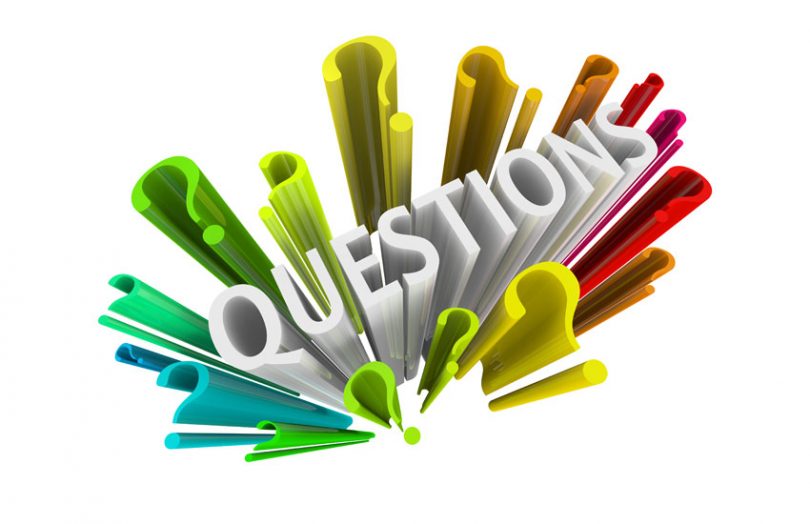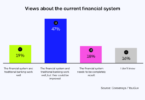Today the Umbrella Network announced that it acquired US-based Lucidity, the blockchain advertising solution. However, what was not mentioned in the announcement is that the founder of the ‘community owned’ Umbrella Network and the founder of Lucidity are one and the same, Sam Kim. To be clear, Umbrella has a token, so this is a detail that token holders would like to know. The token price rose significantly before the announcement.
Conflict of interest
That’s not to say it isn’t a good deal. For all we know, it might be. But there appears to be a conflict of interest. Umbrella responded to our queries by saying it was not using tokens for the acquisition nor money from selling tokens. Coindesk reported the deal was worth tens of millions.
We pointed out that the tokens are meant to include ‘governance’ and asked if the community was consulted. The spokesperson’s response was, “the deal will close upon community approval and we are looking to put it to a vote with community council in the coming weeks and rolling out community based governance in the next few months.”
The announcement said the deal was completed in August 2021.
We followed up with a question about whether there was any third-party input on a fair price (given the conflict). But didn’t get a response on that one.
To be clear, Kim, who describes himself as the Umbrella Network ‘partner’, hasn’t gone out of his way to hide his dual position. It’s just omitted in the critical text: the deal announcement.
One of the blog posts on the Umbrella website has a Q&A with Kim. In that article, his role as founder of both organizations is there, even if it’s a little vague. Likewise, both startups are on his LinkedIn profile, although he identifies himself as a ‘partner’ rather than the founder of Umbrella.
Business logic?
Lucidity started in 2017 as one of the original blockchain advertising solutions to address the pain points faced by the digital ad sector, such as bots fraudulently clicking ads and painful reconciliations of logs between publishers and advertisers. We’ve previously written about it quite a bit. It has some high profile clients, including Dentsu, Hyundai and KFC. It doesn’t have a token and operates as a layer two solution on the Ethereum blockchain.
Meanwhile, the Umbrella Network is an oracle solution that enables external data to be pulled onto blockchains from the web and elsewhere.
While both Lucidity and Umbrella use layer two blockchains, the business logic of combining the two is not entirely obvious at first glance. One is an ad industry-specific app. The other is an oracle.
When we asked, the response from Sam Kim was, “Lucidity is joining forces with Umbrella with the intent of pursuing a new paradigm for advertisers to have transparency and the ability to confirm they are getting what they paid for.”
We can see the benefit of Lucidity to advertisers. We’ve written about that several times. Sure Lucidity could use the oracle to pull in data rather than the solution it’s already using. But Lucidity is in an entirely different business to an oracle organization.
Based on Umbrella’s earnings from providing oracle solutions to Lucidity, how long would it take for Umbrella to earn back the money paid for the acquisition? The announcement said that Lucidity would enhance earnings from Q1 2022. That’s good, but what’s the payback period? And it doesn’t stop the two from seeming like odd bedfellows. If there wasn’t a common founder, would this acquisition be on the cards?
We also observed that there was a 77% increase in the Umbrella token price before the announcement. We asked what the reasons for that might be. There was no comment. Because “the price of the token as that is not within our control and based solely on the trading activity of the market,” said the spokesperson.






